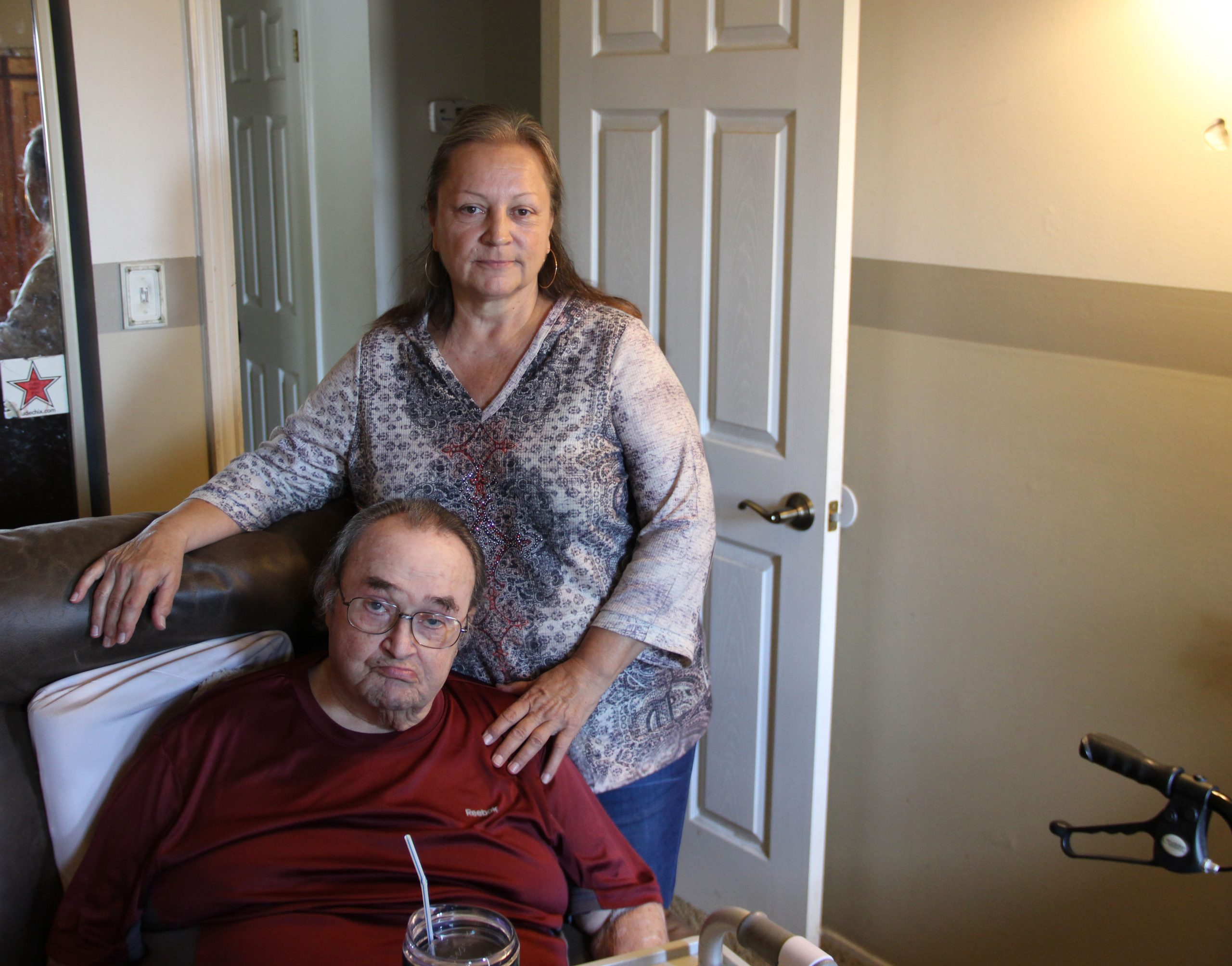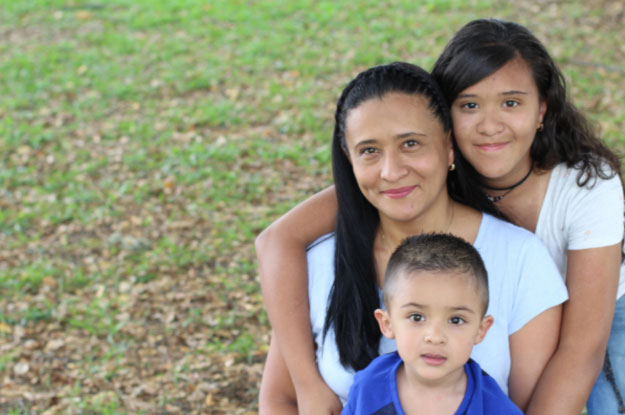Communities
U.S. social insurance programs cover people of all ages, from childhood through adulthood and old age. When we fund research and share findings with policymakers, the needs of the people who will receive benefits are the focus of our energies. Throughout the Academy’s history, we have championed the safeguarding of those experiencing economic insecurity, whether through disability, job loss, injury at work, or aging.
Older workers – those age 55 and over – face multiple barriers to a secure retirement. Some are working in physically demanding jobs that have become too difficult but lack the training or skills needed for other jobs. Many are suffering from new health problems or increasing severity of chronic ones. And being laid off later in life makes it much harder to find a new job. Workers of color, immigrants, and women in particular are likely to have worked in jobs that made it hard to save enough for a secure retirement.
The COVID-19 pandemic has highlighted both severe inadequacy and major inequities in our country’s caregiving infrastructure. Prior to the pandemic, needs were already high and growing for childcare, as well as for long-term services and supports (LTSS) for older adults and adults living with disabilities.
The cost of long-term services and supports contributes to the high rates of poverty among seniors and people with disabilities. Social insurance alternatives can help.
A long and continuing history of racially discriminatory policies has created and sustained lower levels of opportunity for people and communities of color. The incorporation of an anti-racist, justice-focused framework into all that we do is essential to dismantling the systemic racism in our society and promoting justice for all workers, their families, and their communities.
Children whose parents lack the resources to fully meet their needs suffer in multiple ways. They are much more likely to go hungry, to move frequently, to begin school unprepared to learn, and to develop chronic health problems. Social insurance and safety net programs, including Medicaid, Social Security, Supplemental Security Income, the Affordable Care Act, and nutrition and housing subsidies, provide important support. Still, they are not enough to meet growing need, which has been exacerbated by the COVID-19 pandemic.




